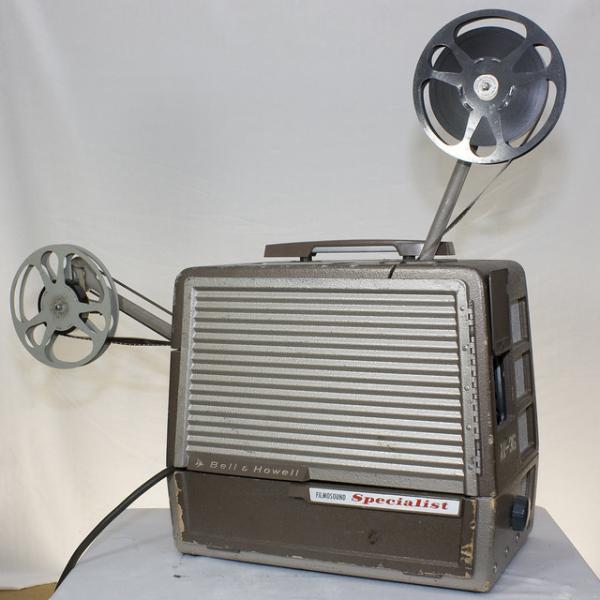Will Hollywood Movies Start To Look Cheap?

I suppose you could say we have a love/hate relationship with Hollywood blockbusters. By definition, the plots are pitched at the lowest common denominator. To appeal to the greatest number of people, they have to be. We get paper-thin characters, lots of car chases and explosions, and lots and lots of sequels. But, the production quality and creativity that go into the sound, picture, and CGI are an absolute marvel to behold. There is a reason why, when you want to wring out and evaluate a home theater system's chops, you don't use a quiet, intellectual film. You reach for a big and noisy blockbuster. So, blockbusters often fall into the camp of guilty pleasures.
But are blockbuster movies in danger? Are their super spies, mythical creatures and epic battles themselves staring at their own doom? Is the golden age of blockbusters coming to an end? Maybe.
The logic goes something like this: The only way an expensive movie makes sense is if it can be shown in thousands of movie theaters around the world. The movie might cost several hundred million, and marketing adds millions as well. To recoup your costs, you need many millions of people to pay serious ticket money. If all goes well, you might gross a billion dollars. Pretty good. And, that loot subsidizes all your movies that fail to make a profit. The business model works.
But what if, thanks to Covid and the resulting rapid rise of subscription services, future audiences trend toward stay-at-home viewing? Would HBO buy a studio's blockbuster for a billion dollars? Nope. Likewise Netflix is more interested in quantity over blockbuster production quality. The risk/reward ratio for making big-budget movies goes out the window. Hollywood studios adjust. They begin producing less expensive movies – fewer blockbusters. At least that's one theory.
Here's where it gets interesting. Whether you love or hate big-budget Hollywood blockbusters, you have to admire their technical excellence. When you drop $200 million on a movie production, you can hire the best people in the business. And that includes the very best audio and picture people. The audience is treated to superb sight and sound.
When you shoot a movie on a tighter budget, the quality of the production values will inevitably suffer. Lower-budget Hollywood movies, and those made by the streaming services themselves, aren't terrible, but they generally aren't cinematic spectacles either. The technical excellence, all of that expensive post production work, taken for granted in the past in blockbusters, might not be so guaranteed going forward.
But here's the plot twist. If movie theaters indeed go into decline, an interesting opportunity arises for movie studios. Suddenly, movie studios don't have to split revenues with theaters. Studios can keep all the loot for themselves as they push their movies to streaming services. That might allow them to keep their production values high, albeit tailored for smaller screens. Also, if the movies are releasing direct to streaming platforms, there is less need to encourage audience attendance at theaters; marketing costs might be reduced.
One thing seems increasingly clear. The way we watch movies will never be the same. We will increasingly watch new releases at home. Whether production values are diminished, whether the sound, picture, and CGI are diminished, no one knows. People talk about seeing every dollar up on the screen; will we start seeing every dollar missing from the screen? I guess we'll find out.

























































